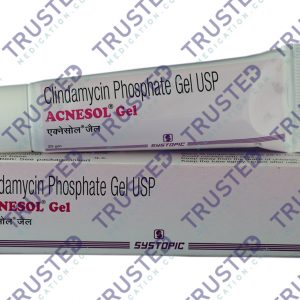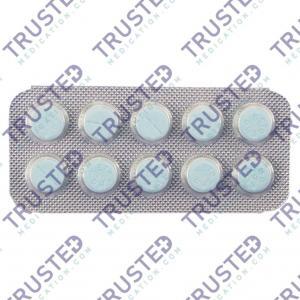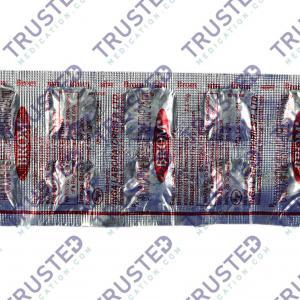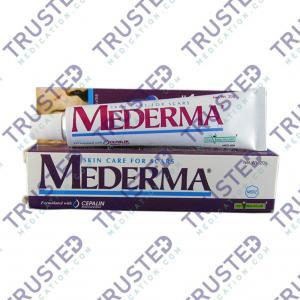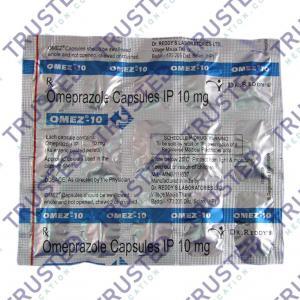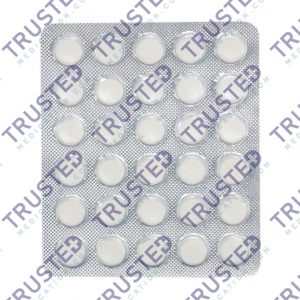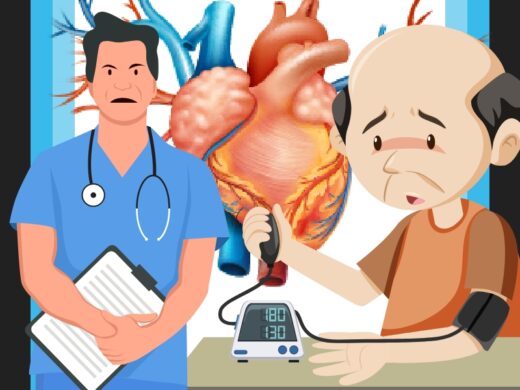
Hypertension or also known as high blood pressure is a common condition that affects the body’s arteries. Blood pressure higher than 180/120 mm Hg is considered a hypertensive emergency or crisis. Seek emergency medical help for anyone with these blood pressure numbers.
What is Hypertension?

Hypertension is a condition that affects the body’s arteries. If you have it, the force of the blood pushing against the artery walls is consistently too high. The heart has to work harder to pump blood.
The American College of Cardiology and the American Heart Association divides blood pressure into four general categories:
- Normal blood pressure. Blood pressure is 120/80 mm Hg or lower.
- Elevated blood pressure. The top number ranges from 120 to 129 mm Hg and the bottom number are below, not above, 80 mm Hg.
- Stage 1 hypertension. The top number ranges from 130 to 139 mm Hg and the bottom number is between 80 and 89 mm Hg.
- Stage 2 hypertension. The top number is 140 mm Hg or higher or the bottom number is 90 mm Hg or higher.
The cause of hypertension is often not known. In many cases, it is the result of an underlying condition.
- Having obesity
- Insulin resistance
- High salt intake
- Excessive alcohol intake
- Having a sedentary lifestyle
- Smoking
- Pregnancy
- Sleep apnea
- Obesity
- Diabetes because of kidney problems and nerve damage
- Pheochromocytoma, a rare cancer of an adrenal gland
- Cushing’s syndrome
- Congenital adrenal hyperplasia
- Hyperthyroidism or an overactive thyroid gland
- Hyperparathyroidism which affects calcium and phosphorous levels
What are the Symptoms of Hypertension?
Most people with hypertension will not experience any symptoms, which is why people often call it a silent killer. On the other hand, once blood pressure reaches about 180/120 mm Hg, it becomes a hypertensive crisis, which constitutes a medical emergency.
At this stage, a person may have:
- A headache
- Nausea
- Vomiting
- Dizziness
- Blurred or double vision
- Nosebleeds
- Heart palpitations
- Breathlessness
Anybody who experiences these symptoms must seek medical attention right away.
What Is The Treatment For Hypertension?
Changing your lifestyle can help control and manage hypertension. Your healthcare provider may recommend that you make lifestyle changes. Sometimes lifestyle changes are not enough to treat the condition. If they don’t help, your provider may recommend medicine to lower your blood pressure.
Medications
The type of medication used to treat hypertension depends on your overall health and how high your blood pressure is. Two or more blood pressure medications often work better than one. It can take some time to find the medication or combination of drugs that works best for you.
Medicines used to treat high blood pressure include:
- Water pills (diuretics)
- Angiotensin-converting enzyme (ACE) inhibitors
- Angiotensin II receptor blockers (ARBs)
- Calcium channel blockers
- Other medicines sometimes used to treat hypertension:
- Alpha-blockers
- Alpha-beta blockers
- Beta-blockers
- Aldosterone antagonists
- Renin-inhibitors
- Vasodilators
- Central-acting agents
Mostly recommended medication:
- Carvedilol – this drug is a beta-blocker that controls blood pressure by relaxing the blood vessels and by slowing down the rate of heart to improve the circulation of blood. It blocks the action of a certain natural substance in the heart and blood.
In addition, there are other ways to control your blood pressure without medications:
- Lose extra pounds and watch your waistline
- Exercise regularly
- Eat a healthy diet
- Reduce salt (sodium) in your diet
- Limit alcohol
- Quit smoking
- Get a good night’s sleep
- Reduce stress
- Monitor your blood pressure at home and get regular check-ups
- Get support from family and friends
Diet and exercise are the best ways to lower blood pressure. But some supplements are promoted as heart healthy. These supplements include:
- Folic acid
- Fiber such as blond psyllium, and wheat bran
- Minerals such as magnesium, calcium, and potassium
- Supplements or products that increase nitric oxide or widen blood vessels such as cocoa, coenzyme Q10, L-arginine, and garlic
- Omega-3 fatty acids that found in fatty fish, high-dose fish oil supplements, and flaxseed
If you have hypertension and are pregnant, discuss with your care providers how to control blood pressure during your pregnancy.

